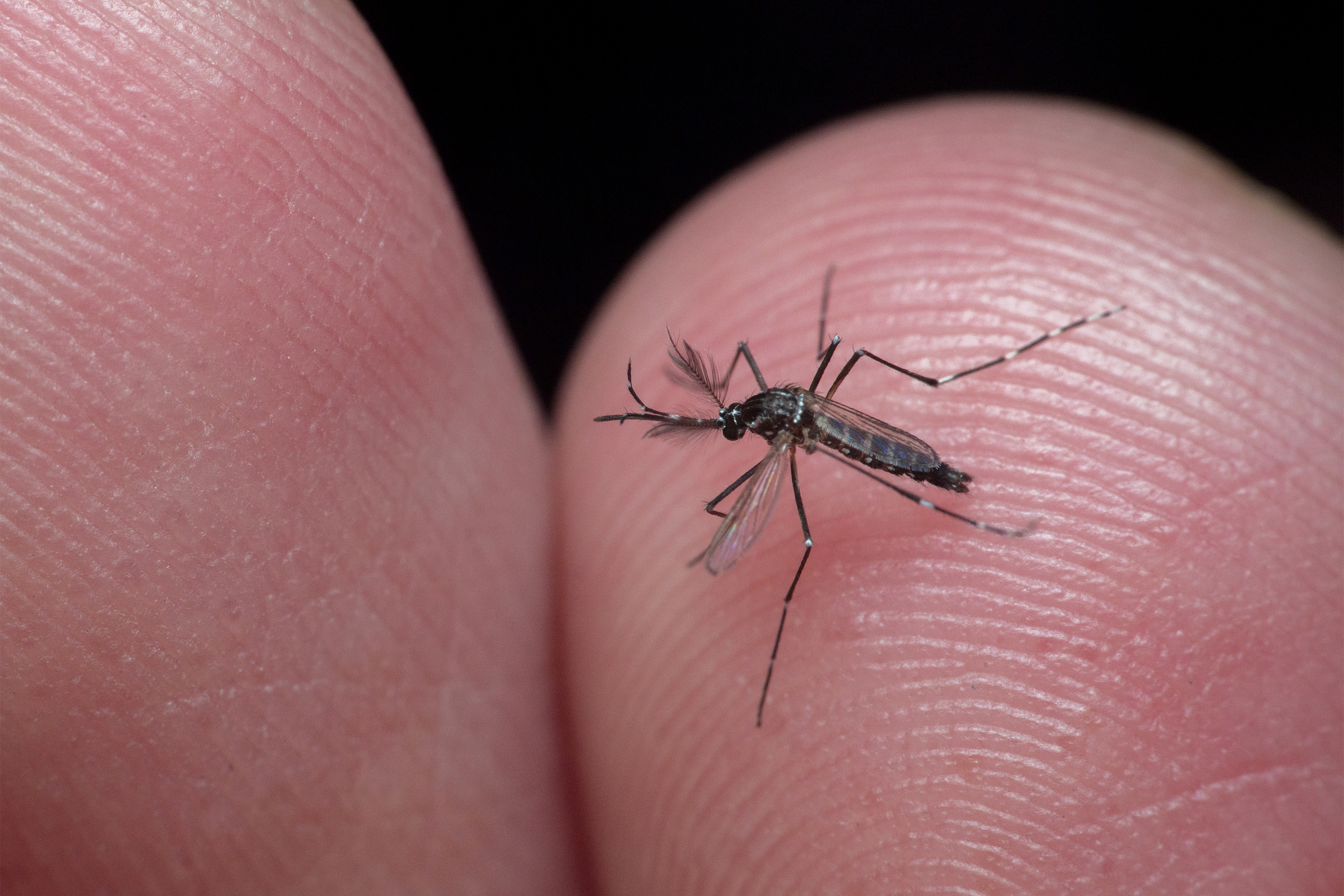
Image via www.vpnsrus.com
Artificial intelligence, or the use of computer science to simulate human intelligence, seems to be becoming increasingly widespread in health care applications. Many hospitals and health care institutions have adopted or are evaluating at least one AI program including sifting through thousands of radiology images to identify anomalies and helping with staff scheduling.
Even if you don’t routinely cover health IT, you may find yourself writing about AI at some point. Therefore, I put together a new tipsheet that covers some basics to help people get up to speed or gain a basic understanding of the topic. AI also will be the subject of a session at AHCJ’s Health Journalism 2023 conference in St. Louis.
I saw a multitude of stories about AI in health care this fall. Here is a roundup of some interesting news items or trends that journalists can use as starting points for their own stories:
- President Biden in October unveiled an AI Bill of Rights, which describes five protections Americans should have in an age of increasing use of technology, data and automated systems. Specifically, the document states that people should be protected from unsafe or ineffective systems, and that automated systems should be developed with consultation from diverse communities and should be tested for safety. People should not face discrimination by algorithms and systems should be designed in an equitable manner. People should be protected from abusive data practices and able to have agency over how data about them is used. They should be informed when automated systems are used, and understand how and why such systems contribute to outcomes that affect them. Finally, they should be able to opt out of systems where appropriate and have access to someone who can quickly remedy any problems encountered.
- The FDA has been rapidly approving medical AI tools, with 521 cleared devices, a 65% increase over the past two years, according to articles in Medtech Dive and STAT’s Dec. 20 healthtech e-newsletter. Some 91 devices were authorized by the FDA in 2022 alone, including an AI-powered solution for heart failure developed at Mayo Clinic called EchoGo, which uses AI to detect heart failure from a single electrocardiogram image. Three quarters of approved devices have been in radiology and 11% have been in cardiology. How many hospitals actually use the products and how they are improving outcomes for patients will be the subject of an ongoing series on AI in medicine STAT has planned for 2023, the e-newsletter said.
- A group of academic hospitals, government agencies and private companies have banded together to form the Coalition for Health AI (CHAI) to drive high-quality health care by promoting the adoption of credible, fair and transparent health AI systems. Coalition members include Change Healthcare, Duke AI Health, Google, Johns Hopkins University, Mayo Clinic, Microsoft, MITRE, Stanford Medicine, UC Berkeley and UC San Francisco. “Application of AI brings a tremendous benefit for patient care, but so is its potential to exacerbate inequity in healthcare,” said coalition cofounder John Halamka, M.D., president of Mayo Clinic Platform, in a statement on the CHAI website. “The guidelines for ethical use of an AI solution cannot be an afterthought. Our coalition experts share commitment to ensure patient-centered and stakeholder-informed guidelines can achieve equitable outcomes for all populations.”
- The NIH in September launched the Bridge to Artificial Intelligence (Bridge2AI) program to accelerate the widespread use of AI by the biomedical and behavioral research communities. The program has assembled team members from diverse disciplines and backgrounds to generate data sets and best practices for preparing biomedical and behavioral research data for future AI applications. The agency has issued four awards for data generation projects in areas such as using imaging and other clinical data collected in an intensive care unit for diagnosis and risk prediction and using voice as a biomarker for human health.
- There also have been plenty of announcements from medical centers about interesting ways they are incorporating or trialing AI. These include:
- Google Cloud and Hackensack Meridian Health in New Jersey have begun collaborating using the Medical Imaging Suite software to try to improve cancer detection, Becker’s Hospital Review reported. The health system is using the program to deidentify imaging data and build AI algorithms to predict metastasis in patients with prostate cancer.
- Using machine learning, Mayo Clinic researchers are looking at patterns of changes in pregnant patients in labor to help identify whether a vaginal delivery can occur with good outcomes for the patient and baby, according to a story in Healthcare IT News. The models could predict the probability of Cesarean delivery, postpartum hemorrhage, or amniotic infections, among other scenarios.
- Researchers at the Massachusetts Institute of Technology studied how AI could diagnose Parkinson’s disease by analyzing breathing data. Its ability to do so was published in a study in Nature Medicine. The system, trained on data collected from nearly 12,000 nights of sleep, was able to accurately flag patients with Parkinson’s and differentiate them from patients with Alzheimer’s, according to STAT’s health tech e-newsletter. Researchers are working on a follow-up study to examine whether AI can detect Parkinson’s earlier than conventional methods relying on subjective assessments by experts.
- At Beaumont Hospital in Michigan, researchers have started using an AI-powered blood test to detect fetal heart defects, Becker’s Hospital Review reported.
Here are more resources to inform your reporting. Happy holidays!




















Discussion about this post